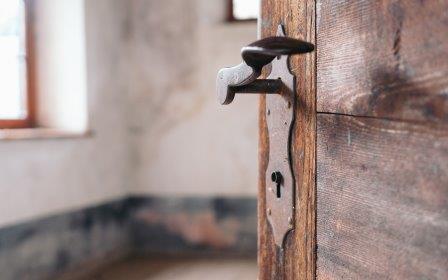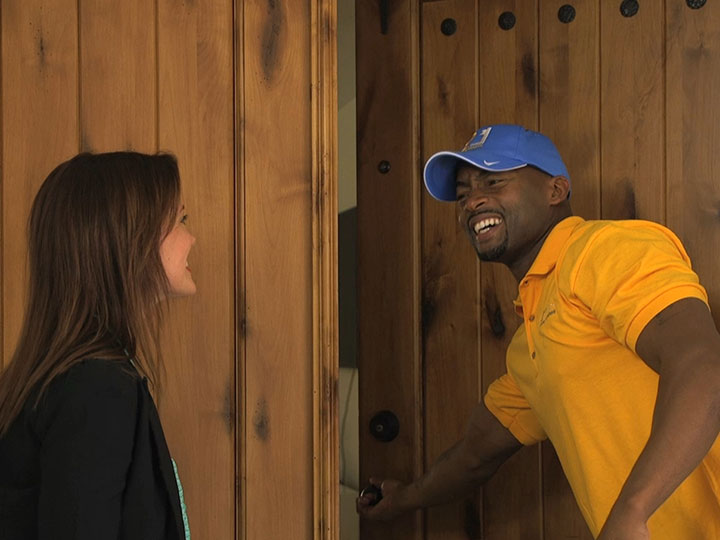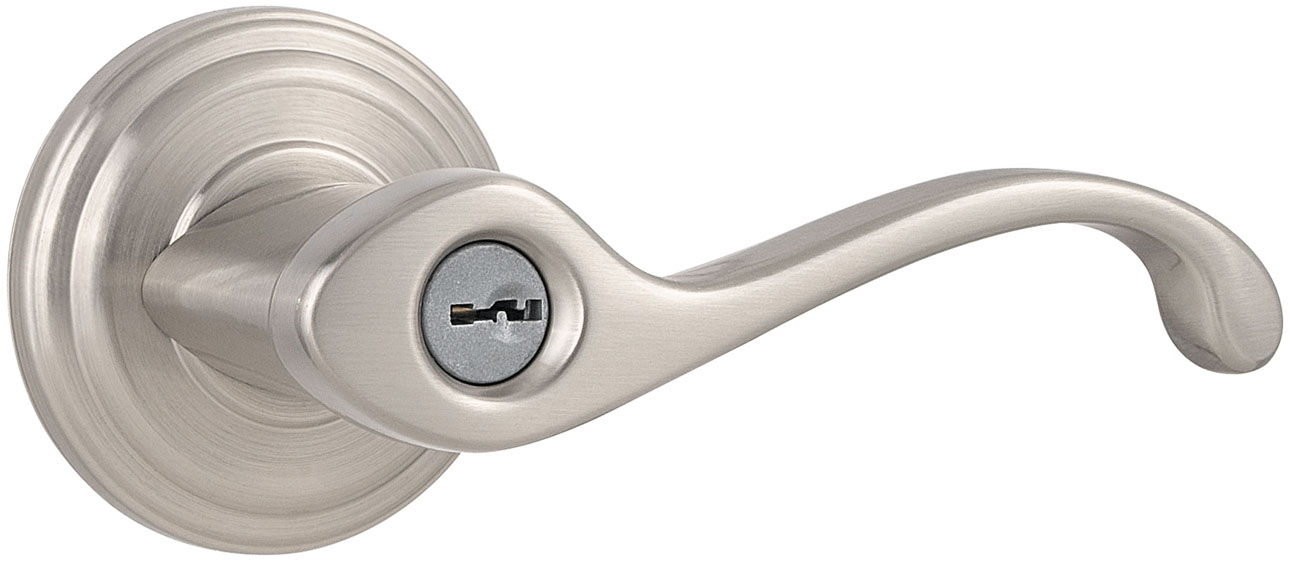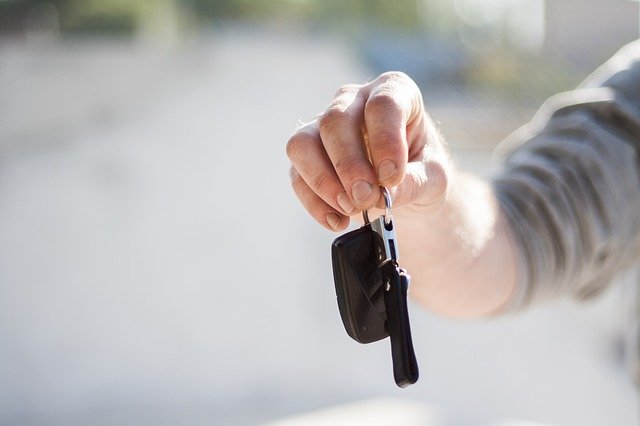Internal Doors: Knobs, Levers, and Handles

The first line of defense for your home is putting secure locks on the entry and exit doors of your house, as it should be. However, those are not the only doors in your home. Whether or not those doors require simply door handles or locks, you have some alternatives. Let’s take a quick look at the difference between the three basic options: Knobs involve turning the handle for a door to open. Levers are most often used for people with disabilities, because they do not require as much pressure or manipulation to open. These are more often seen in commercial settings, but can be used for residential needs as well. Handles, unless used in conjunction with a lock, do not require a locking mechanism themselves and usually serve a more decorative purpose. For doors within your house (as opposed to doors that lead to the outside of the house), you may require a lock but not something as strong as a deadbolt.
Your alternatives to deadbolts
Privacy locks
Privacy locks are an option for rooms like bathrooms, private home offices, and some bedrooms. They lock on one side (usually the inside and not from the outside) and allow the resident to prevent people from entering.. These are not recommended for children’s bedrooms and other rooms that might require a fast exit, because if someone was locked inside, with no lock on the outside door, it would be difficult to help the person in the room get out quickly.
Non-Locking Door Knobs
These ones are most common for closets, pantries, and other areas of your home where are you going to be storing objects rather than having people enter and exit. These are for doors you need to keep closed regularly, but would like to be easily opened. The point here is not so much to restrict access, but to keep doors closed and to hide away those piles of unfolded towels.
Non-Turning (Dummy) Door Knobs
They are used for doors which serve a more “decorative” purpose as opposed to a functional purpose. Sometimes these are for closets (similar to non-locking door knobs) but sometimes these are for doors that are never going to lock and just need a door knob to complete the look of a functional door. When you are choosing a lock or door knob, consider the following points:
- How often do you or other people use the door?
- Does the room/closet contain valuables or something that requires restricted access?
- How strong a lock do you think you need?
Let these questions guide your choice of lock, or at least help you limit your options, and when you speak to a professional residential locksmith, they can recommend which of your choices is the best for your needs.









